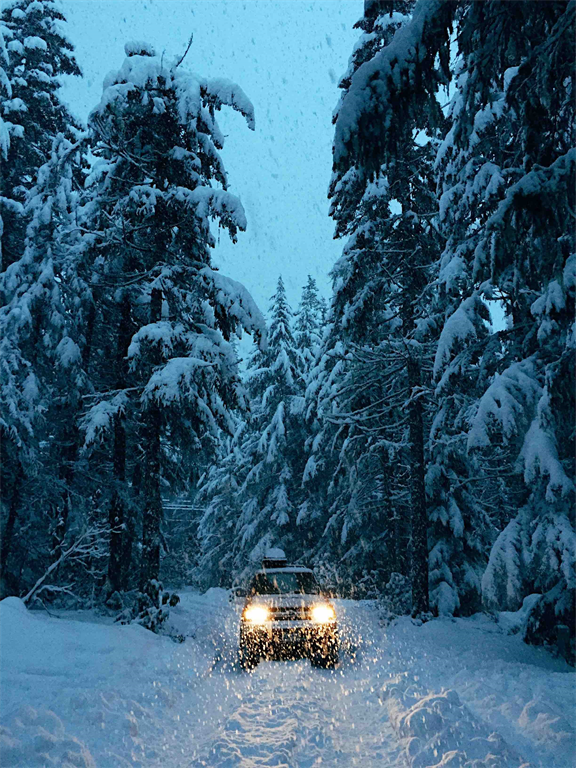Winter Driving Tips for 2020
Posted Friday, October 2, 2020 by Chris Thayer
 As the winter season rapidly approaches in many parts of Washington State, accidents and emergencies are going to start happening, as they always do. This is especially true in places like Stevens Pass and Snoqualmie Pass. Often, these Passes close or become inaccessible as early as October and November. With snow beginning to fall in some parts, it is important to once again revisit some basic safety tips for winter driving. Of course, if you are seriously hurt by a careless or reckless driver who is disregarding basic safety rules, you should always reach out to a skilled Washington personal injury attorney near you.
As the winter season rapidly approaches in many parts of Washington State, accidents and emergencies are going to start happening, as they always do. This is especially true in places like Stevens Pass and Snoqualmie Pass. Often, these Passes close or become inaccessible as early as October and November. With snow beginning to fall in some parts, it is important to once again revisit some basic safety tips for winter driving. Of course, if you are seriously hurt by a careless or reckless driver who is disregarding basic safety rules, you should always reach out to a skilled Washington personal injury attorney near you.
*Know Your Limits* It is easy for long-time or even lifelong residents of rural Washington State to become overconfident in their driving and survival skills. After all, once you have lived through deadly winter storms a few times, you begin to feel like a bit of an expert. Take a step back and reassess your abilities and comfort levels. Do you have the right vehicle for the conditions? Do you feel comfortable navigating a road with little to now emergency services available for upwards of 40-50 miles? Think twice and do not take unnecessary chances.
*Pack Heavy* It is a bit obvious to suggest packing survival gear, but it is essential. If you are going to drive outside of the heart of any major city, you need to have the following items at a minimum:
- Bottled water
- Blankets
- Flashlight
- Source of heat (heated blanket, foot/hand warmers)
- Food
- Battery charger for cell phone
*Slow Down* Again, it may seem obvious, but a lot of people continue trying to drive the speed limit (or faster) even when snow and ice are on the road. This is pure folly, as it greatly increases your risk of crashing. According to a report by the International Transport Forum, an independent committee that consists of 59 member countries, speed is directly linked to the risk of a crash. In fact, the faster the speed, the more likely a collision will occur, regardless of weather conditions. And the more severe the conditions, this risk can be increased exponentially, due to decreased reaction time.
*Tires are Key* No matter what, make sure your tires get checked. They should be adequately inflated, have plenty of tread, and be the right type of tires for the conditions. Those rain tread tires may be fine for a rainy Seattle slush, but east of the Cascades in the dead of winter, those tires will do little to help you maintain traction on a snow-covered pass.
*Getting Help After a Collision* We all know that no matter what precautions we take, there will always be those careless individuals who put us all in harm’s way. When these reckless drivers seriously hurt people, there is often little that can be done to undo the harm. But the law does provide options for making sure these people are held accountable and that they cover the cost of the damages they cause. If you or a loved one are hurt in a winter crash, call Pivotal Law Group today, and schedule a free case evaluation to discuss your situation right away.
